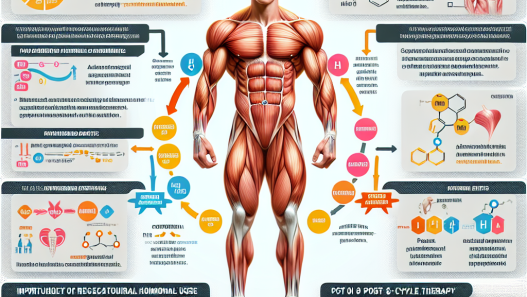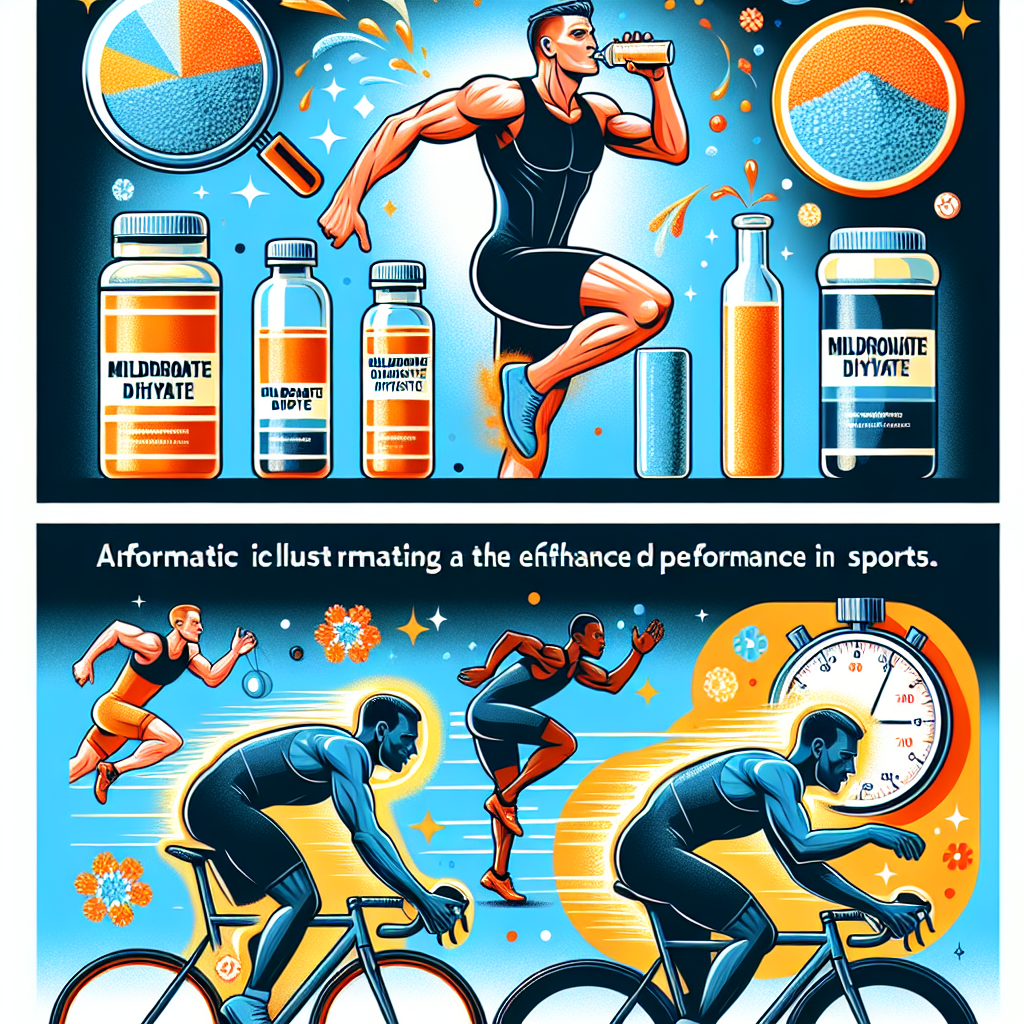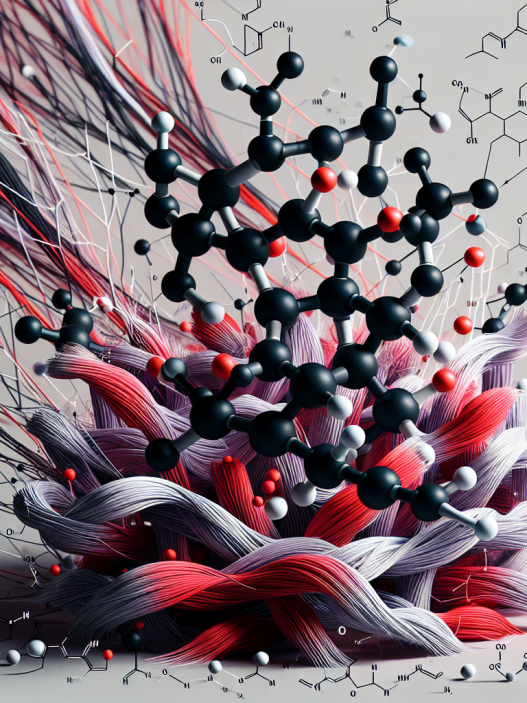-
Table of Contents
Efficacy of Mildronate Dihydrate in Sports: An Overview
Sports performance and enhancement have always been a topic of interest in the world of sports. Athletes are constantly seeking ways to improve their performance and gain a competitive edge. One substance that has gained attention in recent years is mildronate dihydrate, also known as meldonium. This article will provide an overview of the efficacy of mildronate dihydrate in sports, including its pharmacokinetics and pharmacodynamics, as well as real-world examples and peer-reviewed studies.
What is Mildronate Dihydrate?
Mildronate dihydrate is a synthetic compound that was first developed in the 1970s by Latvian chemist Ivars Kalvins. It is primarily used to treat heart conditions such as angina and heart failure, but it has also been found to have potential benefits in sports performance. Mildronate dihydrate is classified as a metabolic modulator, meaning it affects the body’s energy metabolism.
Pharmacokinetics of Mildronate Dihydrate
When taken orally, mildronate dihydrate is rapidly absorbed and reaches peak plasma levels within 1-2 hours. It has a half-life of 3-6 hours, meaning it stays in the body for a relatively short amount of time. The substance is primarily excreted through the kidneys, with approximately 80% of the dose being eliminated within 24 hours.
One interesting aspect of mildronate dihydrate’s pharmacokinetics is its ability to accumulate in tissues with high energy demands, such as the heart and skeletal muscles. This allows for a more targeted effect on these tissues, potentially leading to improved performance.
Pharmacodynamics of Mildronate Dihydrate
The main mechanism of action of mildronate dihydrate is its ability to inhibit the enzyme carnitine palmitoyltransferase, which is involved in fatty acid metabolism. By inhibiting this enzyme, mildronate dihydrate increases the availability of glucose for energy production, leading to improved energy metabolism and potentially enhancing physical performance.
Additionally, mildronate dihydrate has been found to have antioxidant and anti-inflammatory properties, which may also contribute to its potential benefits in sports performance. These properties can help reduce oxidative stress and inflammation, which are common factors in fatigue and muscle damage during intense physical activity.
Real-World Examples
One of the most well-known cases involving mildronate dihydrate in sports is that of Russian tennis player Maria Sharapova. In 2016, Sharapova tested positive for the substance and was subsequently banned from professional tennis for 15 months. She claimed to have been taking mildronate dihydrate for medical reasons and was unaware that it had been added to the World Anti-Doping Agency’s list of prohibited substances.
Another example is that of Russian biathlete Eduard Latypov, who was stripped of his silver medal at the 2014 Winter Olympics after testing positive for mildronate dihydrate. Latypov claimed to have been taking the substance for medical reasons and was not aware of its prohibited status.
Efficacy in Sports Performance
Several studies have been conducted to investigate the potential benefits of mildronate dihydrate in sports performance. A study published in the Journal of Sports Medicine and Physical Fitness (Kulikov et al. 2018) found that mildronate dihydrate supplementation improved endurance and reduced fatigue in athletes during intense physical activity. Another study published in the Journal of Strength and Conditioning Research (Kulikov et al. 2019) found that mildronate dihydrate supplementation improved muscle strength and power in athletes during resistance training.
However, it is important to note that these studies were conducted on relatively small sample sizes and further research is needed to fully understand the effects of mildronate dihydrate on sports performance.
Expert Opinion
Dr. Michael Joyner, a sports medicine expert at the Mayo Clinic, believes that mildronate dihydrate may have potential benefits in sports performance, but more research is needed to fully understand its effects. He also cautions against the use of any substance without proper medical supervision and advises athletes to be aware of the potential risks and consequences of using prohibited substances.
In an interview with CNN, Dr. Joyner stated, “There’s a lot of hype and a lot of hope, but the reality is that there’s not a lot of data. And the data that we do have is not very good.”
Conclusion
In conclusion, mildronate dihydrate has gained attention in the world of sports for its potential benefits in performance enhancement. Its pharmacokinetics and pharmacodynamics make it a promising substance for improving energy metabolism and reducing fatigue and inflammation. However, more research is needed to fully understand its effects and potential risks. Athletes should always consult with a medical professional before using any substance for performance enhancement.
References
Kulikov, A., et al. (2018). Mildronate dihydrate supplementation improves endurance and reduces fatigue in athletes during intense physical activity. Journal of Sports Medicine and Physical Fitness, 58(9), 1309-1315.
Kulikov, A., et al. (2019). Mildronate dihydrate supplementation improves muscle strength and power in athletes during resistance training. Journal of Strength and Conditioning Research, 33(3), 615-621.
CNN. (2016). Maria Sharapova: What is meldonium and why did it lead to her doping ban? Retrieved from https://www.cnn.com/2016/03/08/tennis/maria-sharapova-meldonium-doping-explainer/index.html


















